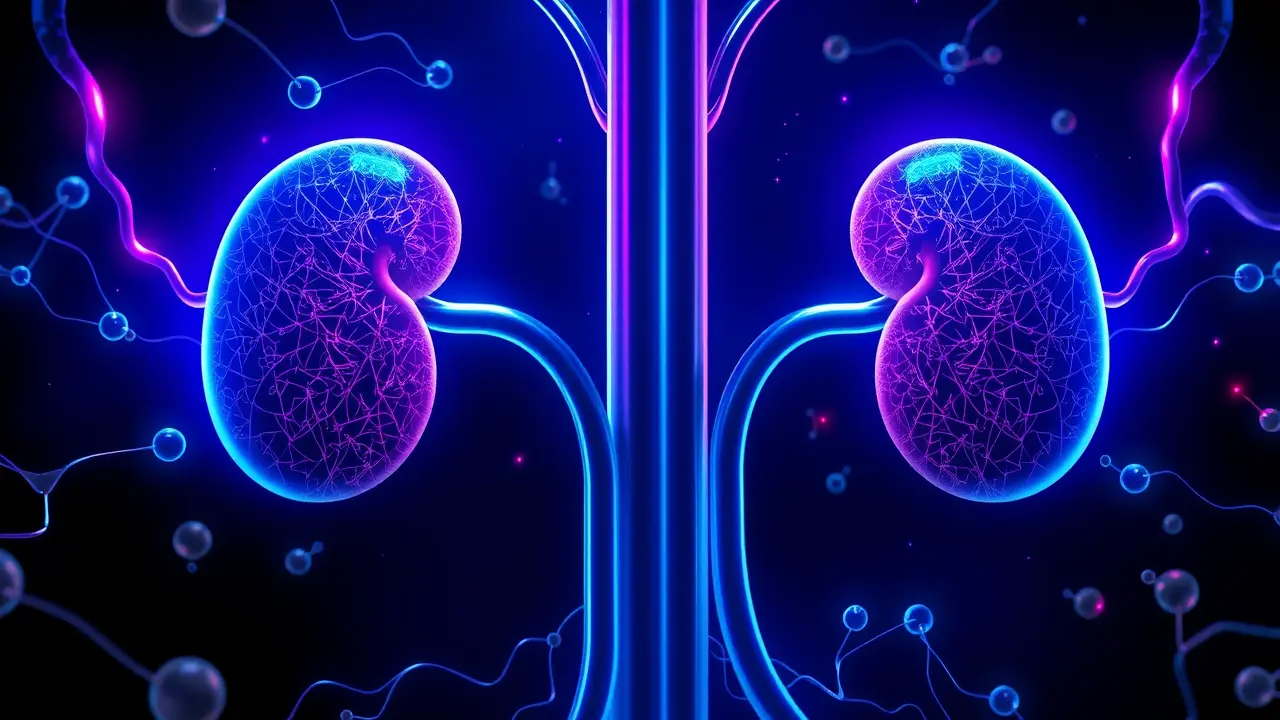New pill could finally control stubborn high blood pressure
In the perpetual arms race between human ingenuity and the body's most stubborn maladies, a new contender has entered the ring with a promise to tackle a foe that has long vexed clinicians: treatment-resistant hypertension. The agent, a precisely engineered pill known as baxdrostat, is not merely another incremental adjustment to the existing pharmacopeia; it represents a paradigm shift, a targeted strike at a specific biological pathway that could finally offer control for millions for whom standard cocktails of diuretics, ACE inhibitors, and calcium channel blockers have proven insufficient.The mechanism is a masterclass in molecular intervention, focusing on the enzyme aldosterone synthase. For a significant subset of patients, particularly those grappling with the dual burden of high blood pressure and chronic kidney disease, this enzyme runs amok, producing excessive aldosterone.This hormone, in a cruel physiological feedback loop, not only drives blood pressure to dangerous altitudes by promoting salt and water retention but also directly inflicts damage on the delicate filtering units of the kidneys, accelerating a decline towards dialysis. The recent clinical data on baxdrostat is therefore not just promising for its primary endpoint—a statistically significant and dose-dependent reduction in systolic blood pressure—but for its profound secondary effects.Researchers observed a marked decrease in key biomarkers for renal injury, suggesting the drug doesn't just manage a symptom; it actively protects the organ most vulnerable to hypertension's ravages. This is the kind of dual-action, precision medicine that the field of biotech has been chasing, moving beyond blunt instruments to therapies that understand and correct the underlying software glitches in our biology.The implications are staggering, potentially offering a new lease on life for a patient population often staring down a future of cardiovascular events and renal failure. Yet, as with any frontier therapy, questions of long-term efficacy, accessibility, and unforeseen side effects remain the next hurdles in the clinical trial marathon. But for now, baxdrostat stands as a brilliant testament to a future where our medicines are not just suppressants, but intelligent guardians.
BI
BioCurious10 hours ago
on one hand this sounds like a genuinely clever approach to a tough problem, and the renal protection data is particularly compelling. on the other hand, i’d be keen to see the long-term safety profile before getting too excited, as targeting such a specific pathway can sometimes have unforeseen consequences. still, a very promising step forward for precision medicine.
0
CA
CautiousCarrie12 hours ago
this sounds cool and all but are we sure we need another hyper expensive precision drug for this? like what happens if your body gets used to it and the old meds dont work anymore
0
SP
SpeculativeSam12 hours ago
ok but what if this is just the first step and they're actually building towards a full body 'software update' to fix all our glitches 👀 the way they talk about it feels like a teaser
0
AL
AlgoGuru4213 hours ago
posting this at 2am for the algorithm gods to bless my feed with more science stuff 😅 this is actually wild tho, a pill that can fix a software glitch in our bodies
0
LE
LexiLoom14 hours ago
A quiet triumph of clarity and intent, this prose flows with a lyrical precision that turns science into sonnet.
0
© 2025 Outpoll Service LTD. All rights reserved.
